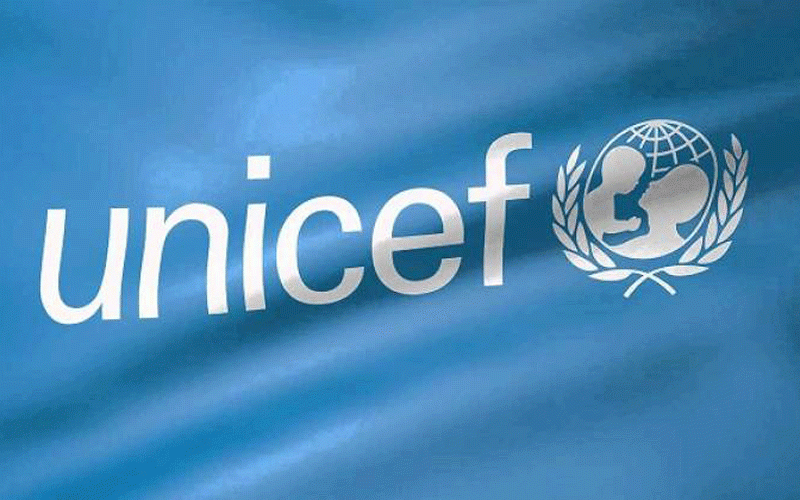
WOMEN are contracting cholera at a disproportionately higher rate compared to men, Unicef Zimbabwe has revealed.
The outbreak, first reported in Chegutu in February this year, has been fuelled by poor sanitation and water scarcity.
The Zimbabwe Human Rights Lawyers has blamed the government and local authorities of “dereliction of duty” for failing to stop cholera from spreading across the country.
According to a Unicef report dated December 22, a staggering 51% of confirmed cholera victims are female, with children under 15 accounting for 36% of cases and 21% of deaths.
“Since the onset of the outbreak and as of 19 December, a total of 12 414 cholera cases, 62 confirmed deaths and 217 suspected deaths have been reported from 54 out of 64 districts. All 10 provinces in the country are affected,” the report read.
“Overall, an estimated 51% of cases are female with children below 15 years accounting for 36% of cases and 21% of deaths.”
Unicef said the most affected provinces were Harare and Manicaland, which together account for more than 80% of new infections.
“Increasing cholera trends continue to be observed with a weekly average of 1 000 new cases with over 80% recorded in Harare and Manicaland provinces.”
- R. Kelly sentenced to 30 years in sex trafficking case
- In Full: sixteenth post-cabinet press briefing June 14, 2022
- New-look Beitbridge border impresses financiers
- Abwa commissions milk plant
Keep Reading
Chitungwiza, however, has witnessed a decline in recent weeks.
Unicef said it had stepped up its efforts, partnering with local organisations to reach nearly 191 000 people, including over 87 000 children, with safe water since the outbreak began.
“These interventions aim to curb transmission by ensuring access to clean drinking water, a crucial weapon in cholera prevention.
“Unicef provided two additional high-performance tents to expand the capacity of cholera treatment facilities at Zvipiripiri and Chiadzwa health centres. This is in response to the surge in cases in Mutare and Buhera districts in Manicaland province,” it said.
“On 13 December, Unicef and the national Risk Communication and Community Engagement pillar kicked off the nationwide festive season campaign in Manicaland where 200 people in Mutare and Chimanimani districts, including 30 religious leaders and artisanal miners were sensitised on key messages on cholera prevention during the festive season.”
Community Working Group on Health executive director Itai Rusike expressed fears that cholera may claim more lives during the rainy season.
“With limited safe and potable water in local authorities the rainy season brings fears of an increase in cholera cases that may further worsen the cholera situation as the unsafe alternative sources of water, the shallow wells get contaminated due to the generally poor drainage system,” Rusike said,.
“Unsafe environments continue to be a health threat, particularly for poor households, although at a less severe level than in 2008 and more focused in rural areas where significant gaps remain in access to safe water and sanitation.”
As of December 18, 2023, 12 287 suspected cases including 1 527 culture confirmed cases had been reported in all the 10 provinces of the country.











